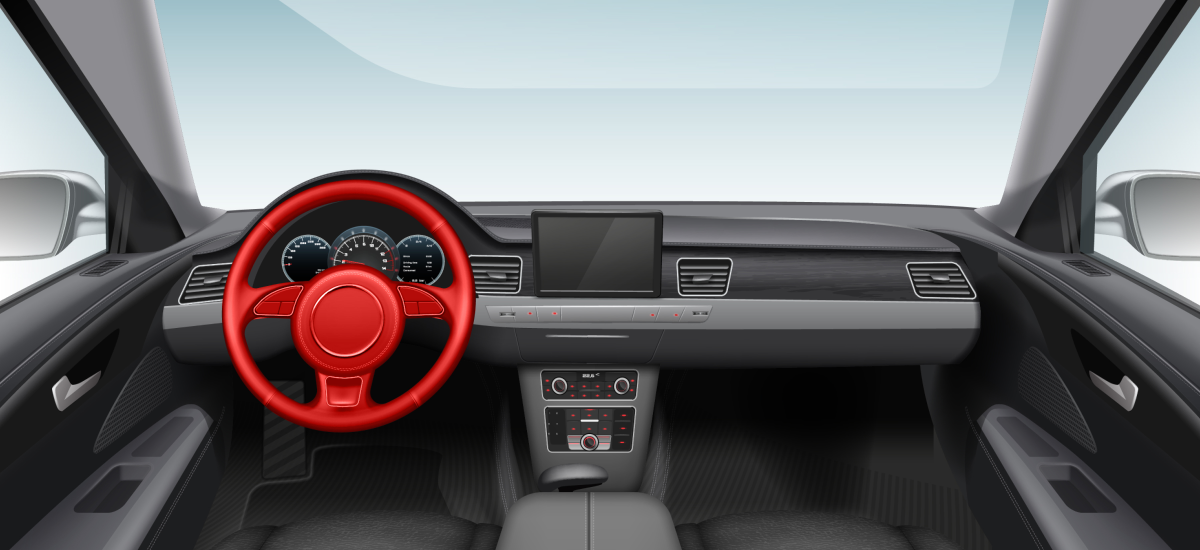A car is more than just a mode of transport. For many, it is a cherished dream that deserves to be looked after. When it comes to car insurance, the discussion usually revolves around third party and comprehensive car insurance policies. While the former fulfils legal obligations and protects you against third party damages, the latter goes a step ahead in covering the damages of your own vehicle as well. So, let's understand the key differences between the two to make a well-informed choice.
What is Third Party Insurance?
A third party car insurance is a basic policy that only covers damages and injuries to a third party's property or person. In this insurance policy, protection is extended only to third parties, not to the insured vehicle.
For instance, if the insured vehicle is involved in an accident that causes damage to others' property or injury to a third party, the insurance will compensate for the losses. However, if the insured vehicle also sustains damage, the repair for the same will not be covered in the policy.
Note: The Motor Vehicle Act of 1988 makes it mandatory for every motor vehicle to have at least third party motor insurance.
What is Comprehensive Insurance?
A comprehensive car insurance policy is the most extensive insurance for cars. Under this policy, the insured vehicle receives the benefits of third party insurance along with the coverage for the insured vehicle. This means you get coverage for both third parties and your own damages.
Damages to a car can occur due to several reasons, such as accidents, fire, theft, natural calamities, vandalism, etc. In such times, having comprehensive insurance can save you from the financial strain of car repair. In cases of damage beyond repair, the insurer pays compensation as well.
At Generali Central, you can further enhance the coverage under comprehensive car insurance with several add-ons. Popular ones include roadside assistance, zero depreciation, and return to invoice, among others.
Key Differences at a Glance
For more clarity, check out the table below that explains the highlighting differences between a comprehensive and third party car insurance policy:
Third party Car Insurance Policy
|
Comprehensive Car Insurance Policy
|
Third party motor insurance only covers damages and injuries caused by the insured vehicle to a third party person or property
|
Comprehensive car insurance covers damages and injuries to both third party and the insured vehicle as well
|
The premium for third party liability insurance is lower compared to comprehensive plans, since the coverage is also limited
|
The premium for a comprehensive policy is higher than that of third party liability, as this policy provides all-around coverage
|
With a third party car insurance policy, the option of customisation is also limited. You may get a few add-ons, depending on the insurer
|
Comprehensive insurance lets you customise the policy as per your needs with several add-ons
|
Third party liability car insurance can be suitable if:
Your car is over 5 years old
You do not drive your car regularly
You only want to cover legalities.
|
Comprehensive car insurance can be a good idea if:
You want all-inclusive coverage
You just purchased a brand new car
You drive on a regular basis.
|
Tip: Purchase your preferred car insurance online without having to step out!
Third Party Insurance: Pros & Cons
Let's have a quick glance at the various pros and cons of third party car insurance:
The main benefits of having a third party car insurance policy are:
1. Lower Premium
The premium of the policy is lower compared to other car insurance policies.
2. Mandatory by Law
According to the Motor Vehicles Act of 1988, it is mandatory to have a minimum of third party insurance. So, the policy covers legalities.
1. Limited Protection
The policy has limited benefits as it only covers third party damages and not own damages.
2. No cover for Own Damages
There is limited to no coverage for the insured vehicle. This may prove to be costly in times of need.
Tip: Purchase comprehensive and third party car insurance online without any hassle!
Comprehensive Insurance: Pros & Cons
A comprehensive car insurance policy has various advantages and certain limitations as well. These are discussed below:
The benefits of comprehensive insurance are:
1. All-round Protection
A comprehensive car insurance policy means all-around coverage. You get both your own damages and third party liability coverage under a single policy.
2. Add-on Flexibility
You have the flexibility to purchase several add-ons with the base insurance policy to enhance coverage.
Comprehensive car insurance has certain limitations, like:
1. Higher premium
The only con is that the premium for the comprehensive coverage is higher than that of a third party liability policy.
Tip: Check out this blog about what shoots up car insurance premiums to get the most affordable plan!
Comprehensive or Third Party Insurance: Which One Should You Choose?
According to the law, third party car insurance is mandatory under the Motor Vehicle Act of 1988. So, lawfully, a third party car insurance fulfils the needs. On the other hand, a comprehensive car insurance plan is not mandatory. However, it is highly advisable as comprehensive insurance means coverage against maximum threats on the road.
Now comes the most crucial question: which one should you choose, third party or comprehensive insurance? The answer actually depends on certain factors. You need to assess the following elements to choose the most suitable one for your car:
1. Age of the Car
The age of the car plays a crucial role when it comes to deciding the type of insurance required. For instance, people with a brand new car, like an SUV, may go with a safer choice. So, comprehensive car insurance can be a better choice. That's because the repair cost of new cars can be quite expensive.
On the other hand, if your vehicle is over 8-10 years old, you may want to consider third party car insurance.
2. Usage of the Car
Someone who drives their car regularly is considered to be more prone to vehicle damage on the road. In this case, a comprehensive insurance policy can be a better choice. However, if you drive occasionally, third party car insurance may suffice for your needs.
3. Your Budget
You need to plan a practical budget for your car insurance policy. Depending on your budget, the choices may differ. However, while calculating your budget, do not overlook the benefits of wider coverage.
Understanding the differences between comprehensive and third party car insurance is vital to choosing the right one for your car. Once you know how these two policies work and the benefits they offer, making a choice becomes easier.
While a third party ensures legal compliance, comprehensive insurance makes sure your own vehicle is also protected, along with third party damages. Before you finalise any car insurance policy, make sure to read the policy documents, including the exclusions of the plan.





















